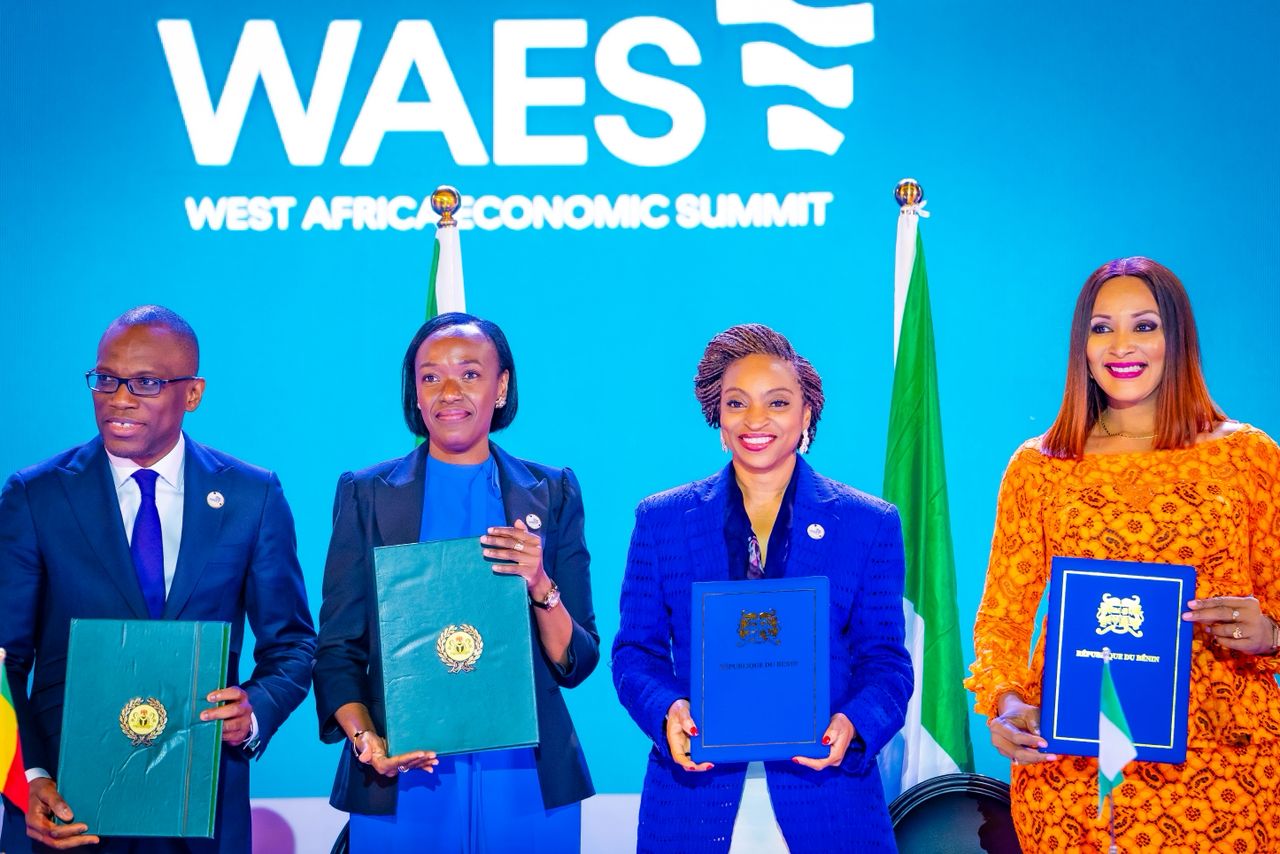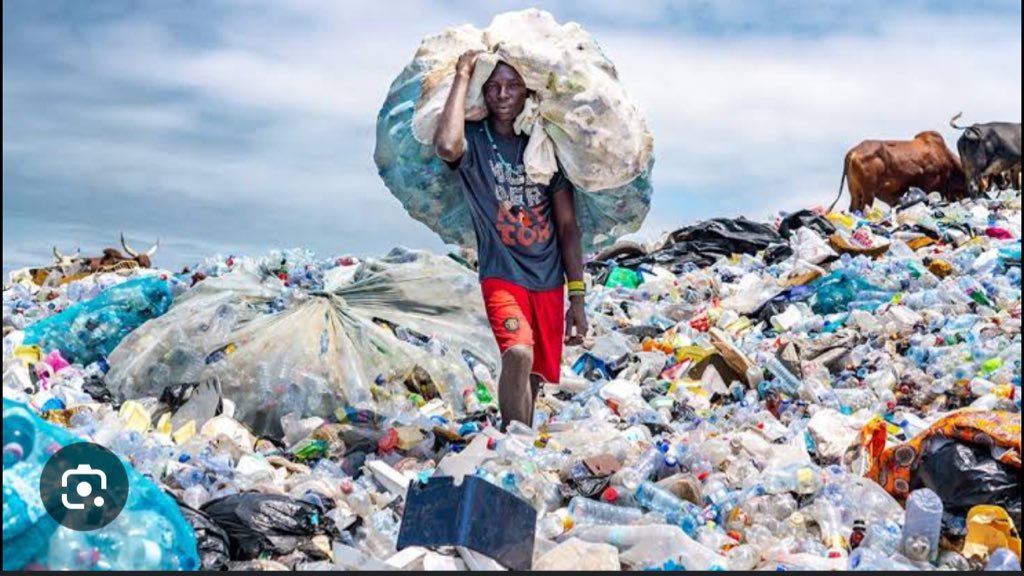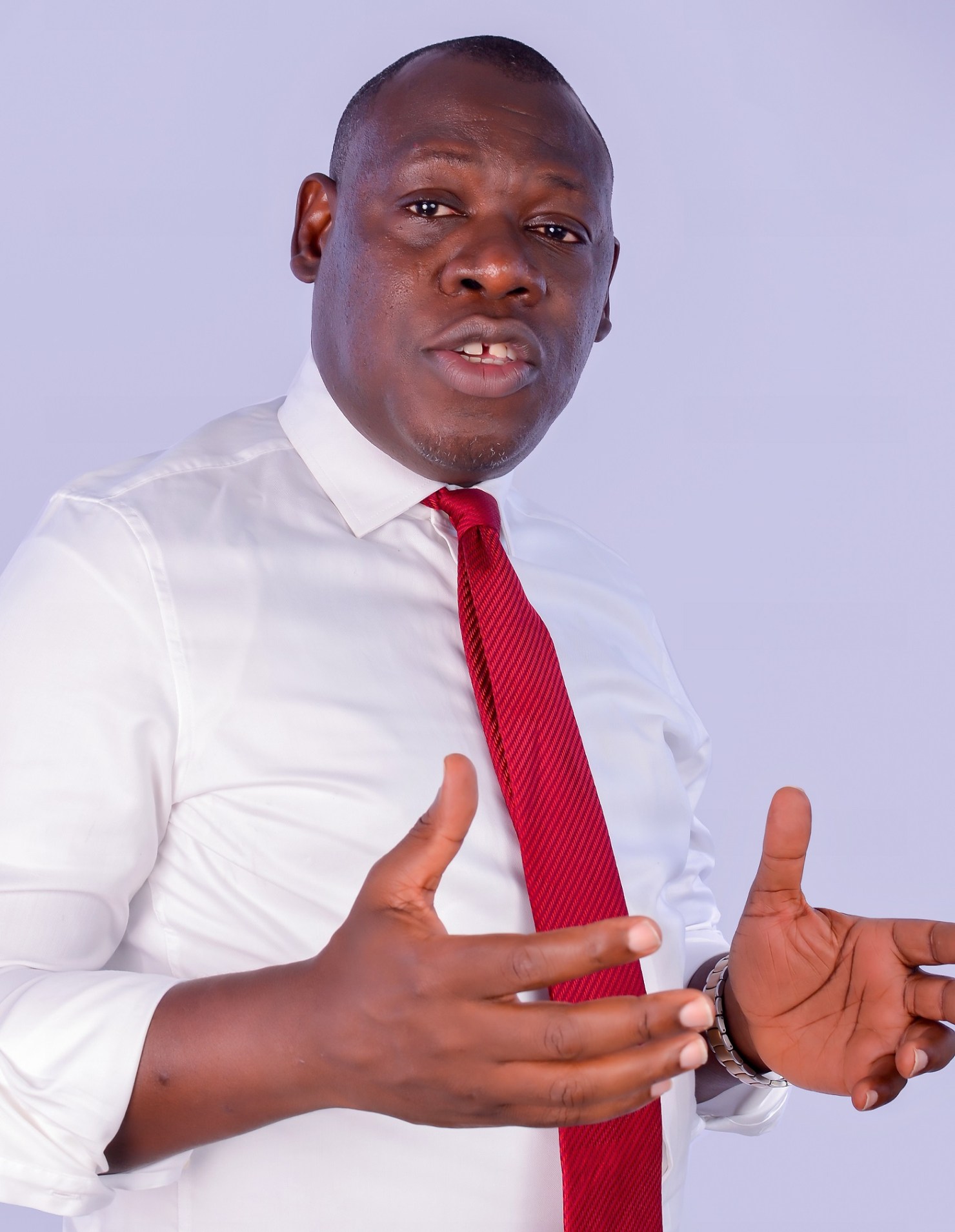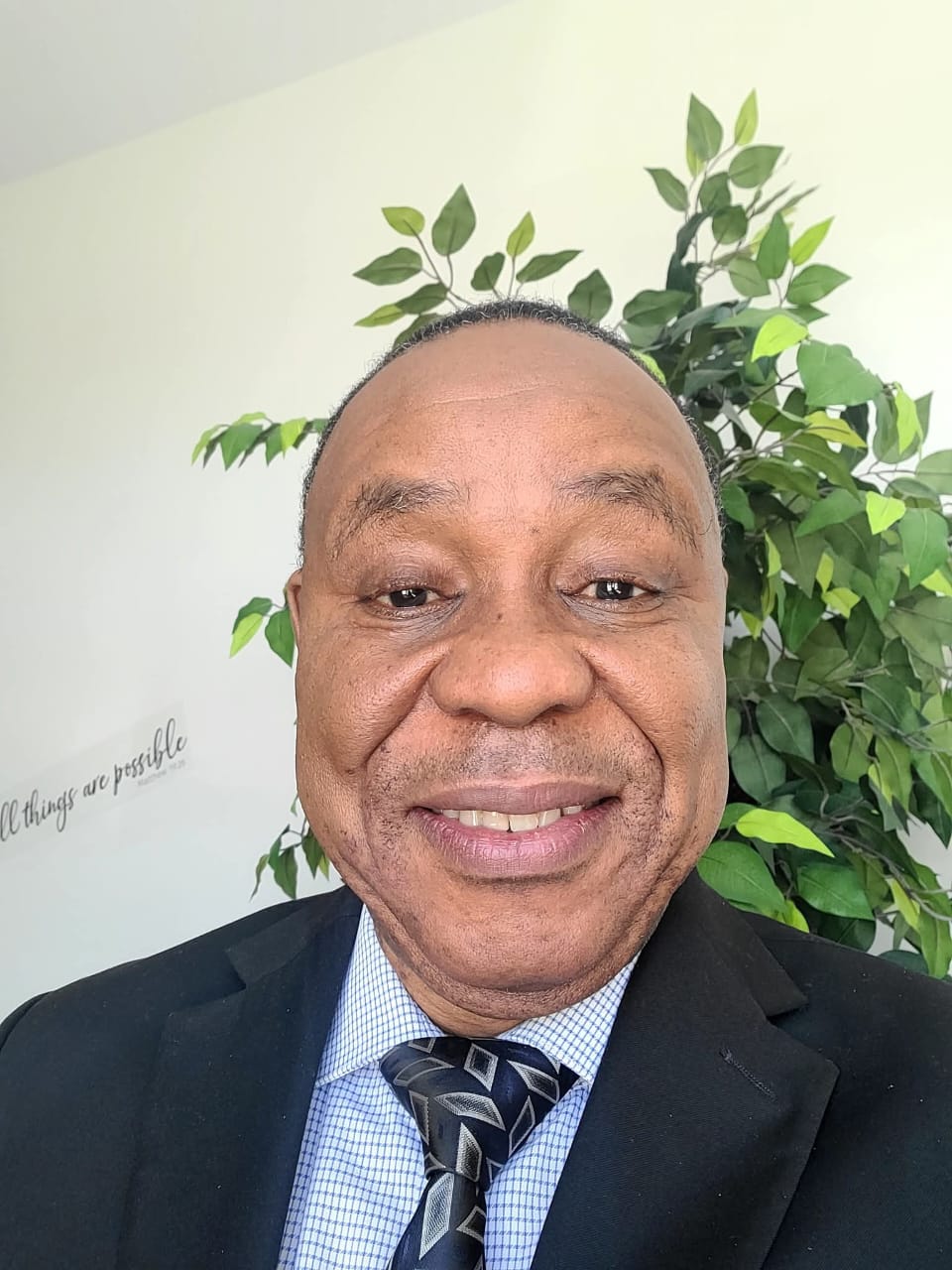Dark Clouds Over The Economy
DAKUKU PETERSIDE
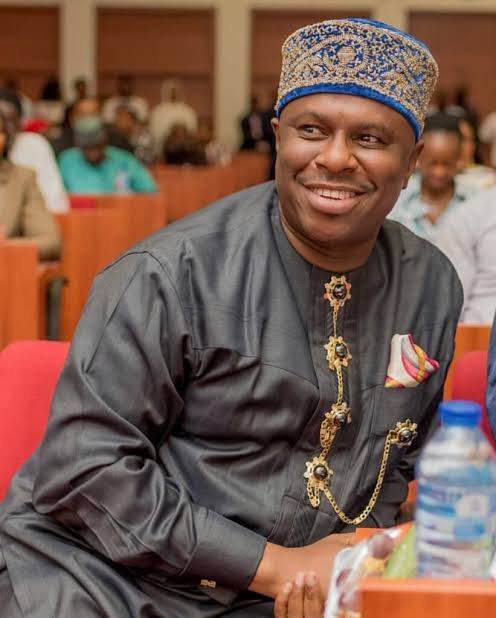
Rome is burning, and Emperor Nero and Roman elites are busy revelling in gladiator rendezvous and despicable hocus-pocus with the empire’s future. The leadership in Nigeria is playing Nero, and the Nigerian elites are side-tracked by the macabre dance of preparing for the next elections. Whilst neglecting the harsh truth that millions of Nigerians’ backs are broken by the harsh tripartite economic realities – hyperinflation, especially food ; massive unemployment; and energy crisis occasioned by the Russian – Ukrainian war in a post-COVID 19 economy. The political class seems indifferent to the crumbling economy and collapsing living standards of Nigerians.
These days the average Nigerian may be an economic illiterate or may not be interested in economic indicators, but almost all Nigerians know by impact and experience that the economy’s health is in shambles. You do not need to be an economist to know that a loaf of bread you bought for N500 in June sold for N700 by the end of July or that the cost of 10kg of cooking gas almost doubled in a space of four months from March to July 2022. Airfare from Abuja to Kano rose from N50,000 economy ticket to about N100,000 between June and July. The average cost of road transport also doubled within the same period. The pattern above is most noticeable in fuel prices, including diesel, prices of food items, transportation, and cost of imported items, no matter how insignificant.
There is an increase in the cost of goods and services of most commodities in Nigeria whilst wages and income remain stagnant or depreciate. This is made worse by the worsening exchange rate regime. Nigeria is an import-dependent economy . This is made worse by the imported inflation due to the high price of goods and services abroad because of the worsening global economic crises. When the prices of goods increase abroad, importing those goods means importing the inflation attached to the goods. Combined with the rapid fall in the value of the Naira against major world currencies in the unofficial market (Dollar exchanged for almost N720 to $1).
Economists amongst us try to explain the situation using critical economic data, mainly from the National Bureau of Statistics (NBS). Recent statistics will make any Nigerian have a sober reflection on the fate of this country , though the full effect of this is yet to play out. Spiralling inflation stands at 18.6% in June 2022 on a year-on-year basis, and on a month-on-month basis, the inflation rate increased by 1.82% in June 2022, higher than the rate recorded in May 2022.
The composite food index on a year-on-year basis rose to 20.60% in June 2022. The food sub-index increased by 2.05% on a month-on-month basis in June 2022. Nigeria’s inflation has been running wild since the beginning of the year, rising from 15.6 per cent in January to the current rate of 18.6 per cent in June. In a similar pattern, the food inflation rate, which is a catalyst of the ballooning inflation, increased to 20.6 per cent in June against 17.13 per cent recorded in January. The outlook sends the signal of a dark cloud.
Ordinary Nigerians are losing confidence in the ability of the managers of our economy to arrest and reverse this trend. From the prism of the man on the street, it appears that our economic ruin is inevitable. The highest inflationary spikes are in prices of food items, petrol, cooking gas, clothing, passenger transport by road and by air.
After months of caution, the CBN’s Monetary Policy Committee (MPC) raised the interest rate benchmark by 100 basis points (1%) in their last two consecutive meetings to fight this inflation. Theoretically, this should slow down inflation and improve the economic situation. However, the opposite is the case – the higher the Monetary Policy Rate, the higher the inflation. The reasons for this may be, first, too much money in the system due to Covid 19 financial interventions by the government. The second is imported inflation which is not affected by MPR. The third is the further depreciation of the Naira, and finally, the survivalist instinct of businesses to mark up costs and pass to consumers who bear the brunt of the increase in prices. The last but probably the biggest culprit is uncontrolled government borrowing mostly by ways and means at the behest of the CBN, a euphemism for printing of money.
This situation is not helped by dwindling government revenue because of insecurity and Nigeria’s inability to maximise the production and sale of crude oil during this high price regime in the international market. Our low productivity meant that the government did not get much revenue from taxes, duties, and levies from economic activities. Our revenue to debt service ratio is about 120%, and Nigeria owes over $100 billion, almost a quarter of our Gross Domestic Product. The private sector is struggling because of a lack of enabling environment to operate. Insecurity has crippled economic activities in most parts of the country, and lives and properties have been lost to incessant attacks by terrorists, bandits, criminals, secessionists, and agitators.
Given this gloomy picture of the economic road ahead that we are most likely to travel through as a nation, what are our options? Our government must act decisively with speed, clarity, transparency, and innovation. Traditional thinking cannot help us in this situation .The government should wake up and aggressively pursue economic policies and actions that will improve the situation. This is not time to point accusing fingers. Any fair-minded person will admit that it is not entirely the government’s fault that these economic woes befall us. However, it must also be said that the government has not shown capacity and will to tame the situation.
This situation results from accumulated financial mismanagement and policy misdirection of past administrations, including this one. But one must recognise the devastating impact of COVID 19 on our economy and the unpredictable international economic climate that is volatile and affected by conflicts such as the ongoing Russian – Ukrainian war and the energy crisis that ensued. Having acknowledged this, I must point out that these facts do not exonerate the current government from taking absolute responsibility to tackle the situation, no matter the root causes.
Therefore, I recommend that the government put out remedial policies and actions to mitigate the painful consequences of the economic hardship on many Nigerians. Over one hundred million Nigerians are living below the poverty line. Imagine how they are coping with this harsh inflationary economic trend. What of people with fixed incomes with families and other responsibilities? How are they dealing with constantly erasing the net value of their fixed income due to ravaging inflation? Little wonder the organised labour is agitating for better pay and working conditions.
At this point, the government must, as a matter of urgency, attack the problem with a four-pronged approach: First, the government must devise how to protect the poorest of the poor amongst us using policy instruments. If the government fails to do this, it may encourage an upward crime swing. Second, the government must be decisive in managing the pump price of petroleum products and prioritise domestic gas supply to the local market. Most inflation today is linked to a rise in the cost of crude oil, which translates to an increase in the price of petroleum products.
Third, although the government, through the Central Bank of Nigeria, has done a lot to boost local food production, it must go further to invest in the processing, storage and distribution of food and help farmers and other businesses create more value across the value chain spectrum. Fourth, CBN as a significant stakeholder, must continue to use monetary policies in conjunction with fiscal policies of the federal government to stabilise the economy.
The depreciation of the Naira has continued to directly or indirectly affect most families in Nigeria owing to the import dependent nature of the economy.
The unregulated activities of “black market“ for foreign exchange portend great danger to our import-dependent economy unless CBN and the federal government step in to control the situation. Unfortunately, the average Nigerian regards the black- market rate of Dollar to Naira as the de facto market rate and when the traders in this market determine the exchange rate, it is dangerous to our collective economic interest.
In this period of elections campaigning, it behoves Nigerians to hold the presidential hopefuls accountable and examine their abilities and capacities to bring Nigeria out of this economic quagmire. Any populist promises by our presidential candidates to revive the economy, create jobs, and put us back on the path of growth must be interrogated by voters. Without the finer details and mechanics of how it can and should be done, it should be taken for what it is, wishful thinking, and discarded accordingly. The era of economic guesses is over.
The Presidential hopefuls must tell Nigerians specifics about how they intend to rescue Nigeria and Nigerians from soaring energy costs, rising food prices, ballooning debt profile, declining revenue and cutting the cost of governance. Nigerians have been taken for granted enough. Let 2023 be a watershed of economic change. We must get it right this time and do not have an option. The government and the political elites must quit playing Nero and start working hard to salvage our “burning Rome”.
– Dr Dakuku Peterside is the former DG of NIMASA.




